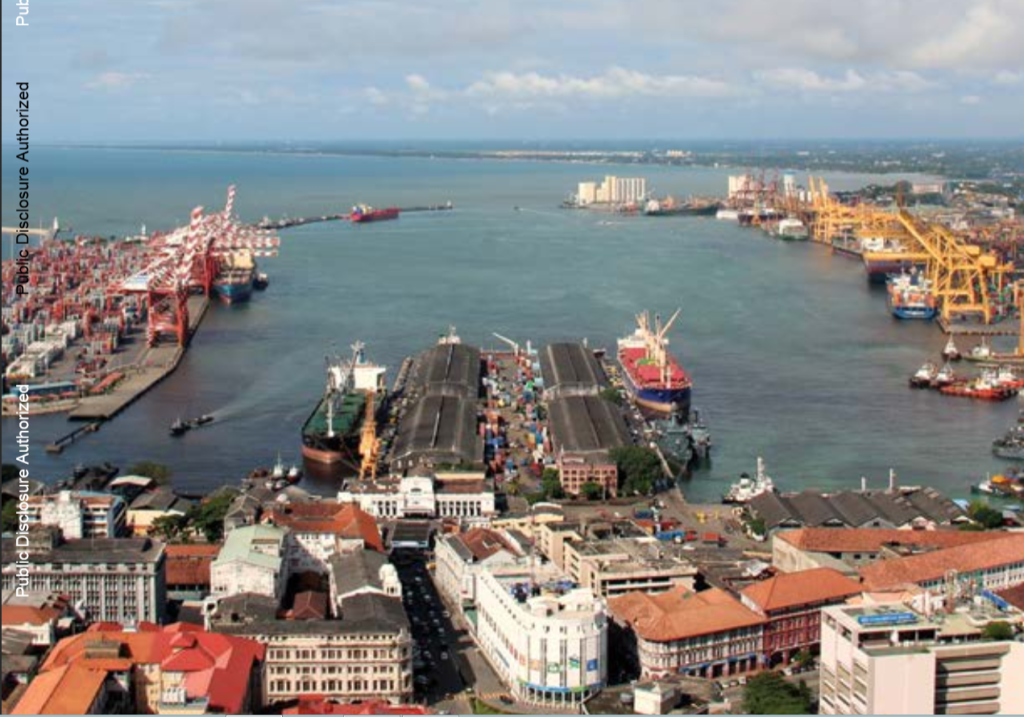A Brief Colonial History Of Ceylon(SriLanka)
Sri Lanka: One Island Two Nations
A Brief Colonial History Of Ceylon(SriLanka)
Sri Lanka: One Island Two Nations
(Full Story)
Search This Blog
Back to 500BC.
==========================
Thiranjala Weerasinghe sj.- One Island Two Nations
?????????????????????????????????????????????????Sunday, February 28, 2016
Advancing Reconciliation and Development in Sri Lanka




‘Reconciliation and Development’, as you would agree, are intertwined.
It is difficult, almost impossible, to have one without the other.
At the time we gained Independence, in February 1948, Sri Lanka, then
Ceylon, was in a unique position among the countries in the developing
world as she had experience of representative government and development
indicators that were unparalleled in the developing word. In fact, An
editorial published in London on the day of Sri Lanka’s independence
predicted that in a short space of time Ceylon would become the
Switzerland of the East.
The different communities in the country showed promise of being able to
live and work towards common national goals in peace, harmony and
unity. They had worked together in the past, to gain independence from
the British despite the fact that they followed different faiths, spoke
different languages and followed different customs.
However, what followed is something that the world knows only too well.
We made mistakes which saw our country plunge into torment and conflict
for well over three decades.
The
failure to manage such justifiable grievances led to conflict and
violence. Sri Lanka’s post-independence leadership was unable to terms
with her diversity as a multi-ethnic, multi-cultural, multi-religious
and multi-lingual country. As a result these grievances were transformed
into inter-communal resentment and feelings of discrimination and
unfair treatment. Our post-Independence leaders, who were acutely aware
of the diverse character of our island, sadly faltered at decisive
moments and failed to stand up to extremists.
As a result, unmet grievances led to violence and ultimately created the
conditions necessary for terrorism, which then transformed into a
brutal war. By the time the war ended there were serious allegations of
violations of human rights and war crimes hurled against both parties to
the conflict and Sri Lanka was facing virtual isolation
internationally.
Read More
Read More
